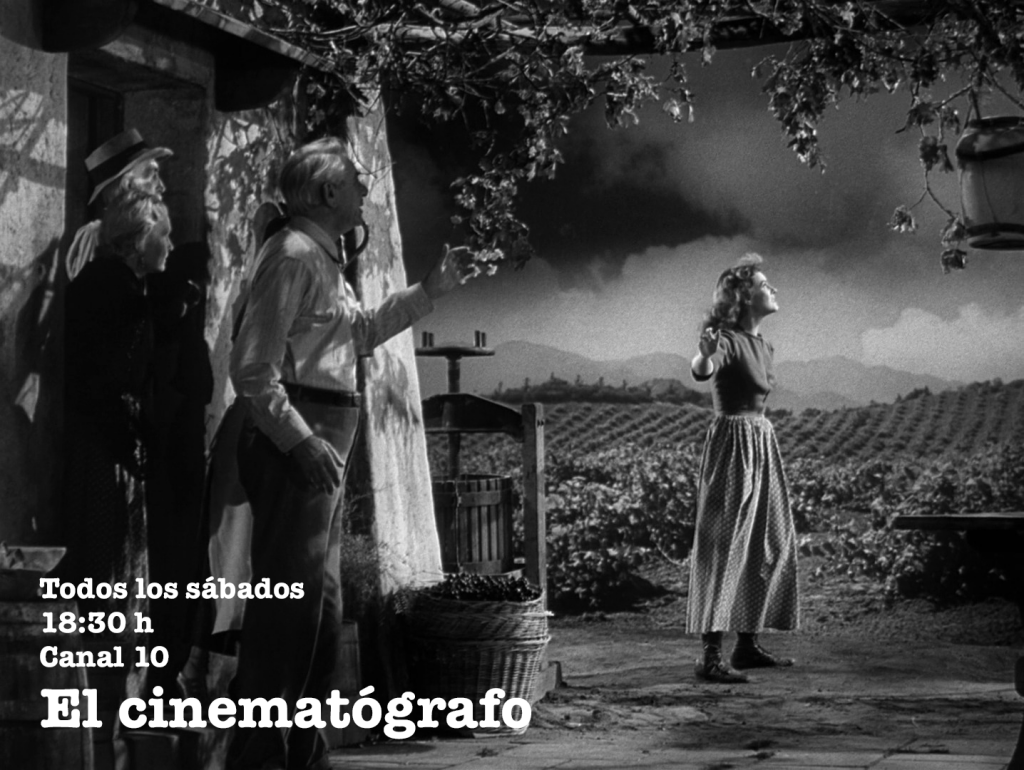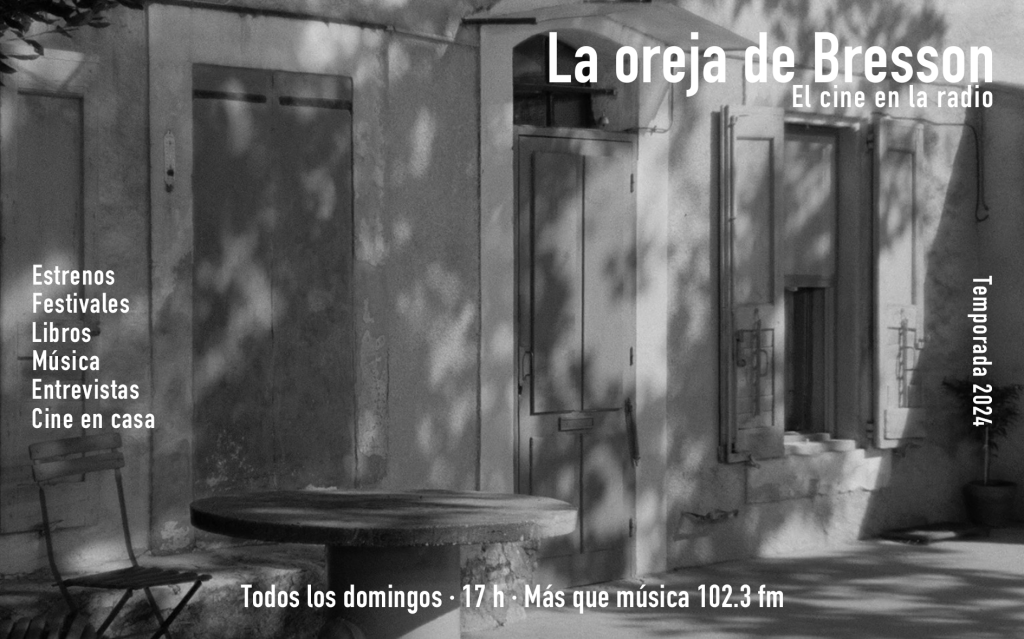
SHORT REVIEWS (04): NICHNASTI PA’ AM LAGAM / ONCE I ENTERED A GARDEN / UNA VEZ ENTRÉ A UN JARDÍN
 Nichinasti Pa’ Am Lagam / Once I Entered a Garden. Avi Mograbi, Israel, 2012
Nichinasti Pa’ Am Lagam / Once I Entered a Garden. Avi Mograbi, Israel, 2012
Por Roger Koza
In a glorious passage, Ali El Azhari, a Palestine professor of Arab, tells Philippe, Avi Mograbi’s —the renowned Israeli Jewish director— cameraman: “Imagine there were no conflict, could you live without it? After 63 years, music, poetry, prayers, laughter, tears, salads, Ramadan and Yom Kippur… everything has to do with the conflict.” The micro-political proof that it should be possible to live without this conflict is, precisely, the film itself and the long friendship relation between Ali and Avi, the two main characters of it: the smoothness of their conversations, the love they have for each other and the many points in common in their lives show another history could be possible. Avi’s father was Jewish but his whole culture is Arabic, even his language. On the other hand Ali’s strong card is to be married to a Jewish woman and having a daughter with her. The appearance of Yasmin, the daughter, brings a sense of freshness and lucidity; she is perhaps the differed utopian embodiment of a state with two nations: this daughter of a Palestine and a Jew speaks Hebrew and Arabic and is conscious of what this means: “Most kids my age are racists.” This paradigmatic and reflexive documentary film is made up mainly of a conversation between two friends (at a private house, in a car, at a beach, and in a “forbidden” area in Galilee) who happen to take part in a perennial and agonizing antagonism. The dialogues are always enjoyable and have no precise direction: from the foundation of the State of Israel they jump to family subjects, and then to a discussion on the political situation in Egypt, or how the film they want to shoot together should be. Also, Mograbi intersperses three love letters between an Arab woman and a Jewish man read by the actress Hiam Abbas with contemporary stock material of the streets in Beirut. The reasonable humanism of this film could seem naïve; but cynical and radical characters can take a ride —this is the only political way towards an alternative future.
Roger Koza / Copyleft 2013





Últimos Comentarios